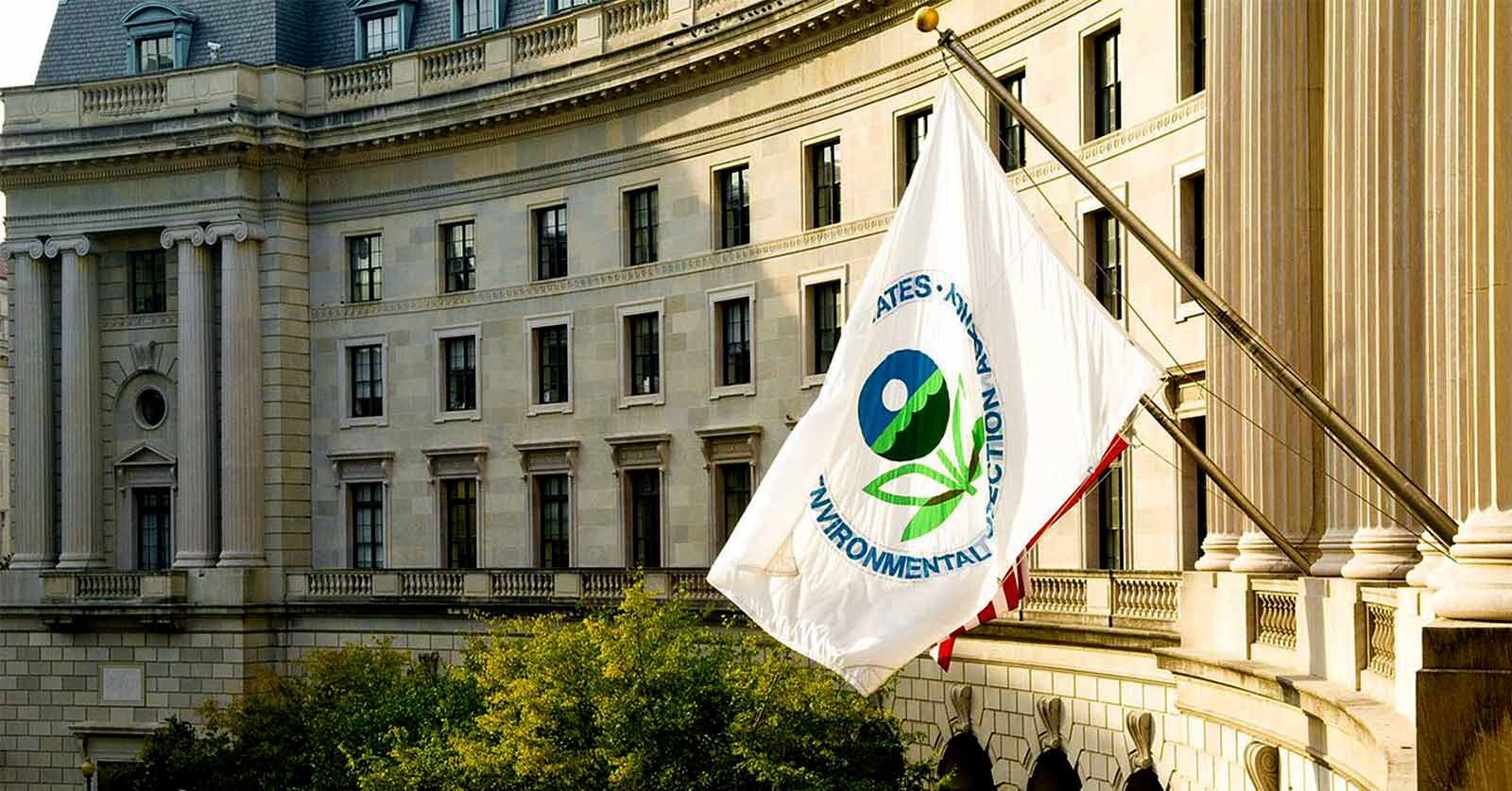Washington, D.C. – Legislation introduced today in Congress would revamp the U.S. Army Corps of Engineers and
|
MORE INFORMATION |
|
Read the Corps Reform Legislation NAS Study on the Corps of Engineers Upper Mississippi River Study |
reduce the agency’s ability to green-light billion-dollar boondoggles, according to Taxpayers for Common Sense, a national budget watchdog organization.
Corps reform bills were introduced by Senator Russ Feingold (D-WI) in the Senate and in the House by Rep. Ron Kind (D-WI). Reps. Tom Tancredo (R-CO), Earl Blumenauer (D-OR), Wayne Gilchrest (R-MD), John Larson (D-CT), Robert Andrews (D-NJ), Tammy Baldwin (D-WI), Tom Barrett (D-WI), John Lewis (D-GA), Carolyn Maloney (D-NY), Frank Pallone (D-NJ), Ellen Tauscher (D-CA), and Mark Udall (D-CO) are co-sponsoring the House version of the legislation.
The bill would mandate independent review of large and controversial Corps projects – a key recommendation of the National Academy of Sciences for the Upper Mississippi River navigation study. This is also one of the reforms that the Bush Administration has stated it is considering this year.
“We strongly support Rep. Kind’s efforts. This bill represents an important step toward restoring integrity and legitimacy to the Corps of Engineers,” said Steve Ellis, Director of Water Resources for Taxpayers for Common Sense. “For too long the Corps has padded its budget with boondoggles that don’t deliver, and handed taxpayers the bill. This legislation will help bring the Corps back under the control of the American taxpayer.”
This legislation follows a year in which the Corps has been rocked by scandals. Three senior Corps officials were reprimanded for manipulating the results of a major study to determine whether a $1.2 billion lock expansion project on the Upper Mississippi River was justified.
In the last year, the Army Inspector General (IG) and the National Academy of Sciences have released reports severely critical of the Corps’ conduct on the $60 million Upper Mississippi River study and of their planning process in general. The Army IG concluded that there existed an institutional bias towards building the largest projects possible creating “an atmosphere where objectivity in its analyses was placed in jeopardy.”
In recent Congressional testimony, Gen. Robert Flowers, the Chief of Engineers for the Corps, has accepted the findings of the two studies. However, he rebuffed the suggestion that the Corps is an agency whose primary purpose is to construct politically popular pork barrel projects. The agency has also questioned the work of the whistleblower whose disclosure launched the studies.
“Rather than truly taking the message to heart, the Corps and private interests have decided to shoot the messenger,” continued Ellis. “Hopefully, the Corps will review this legislation and see the writing on the wall that it is time to get serious about reform efforts.”
Key elements of the legislation include independent peer review for controversial or costly projects and expanded public access to Corps project data.
The independent review provision will apply to projects whose total cost exceeds $25 million or are deemed controversial by an affected State Governor, other federal agencies, or by the Secretary of the Army. A panel to review the project would be selected by a new Director of Independent Review and would quickly render a recommendation near the completion of the project analysis. The bill also requires the Corps to provide to the public via the Internet all information and data factored into its project analyses.
“The Corps has for too long often hidden behind voluminous studies and fuzzy math, and told the taxpayer to take their word for it,” concluded Ellis. “This bill will force the Corps to produce all the information to support their project recommendations and ensure that the public has independent verification of the worthiness of large and controversial projects.”
For more information, please contact Keith Ashdown at (202) 546-8500 x110, or by email.














Get Social